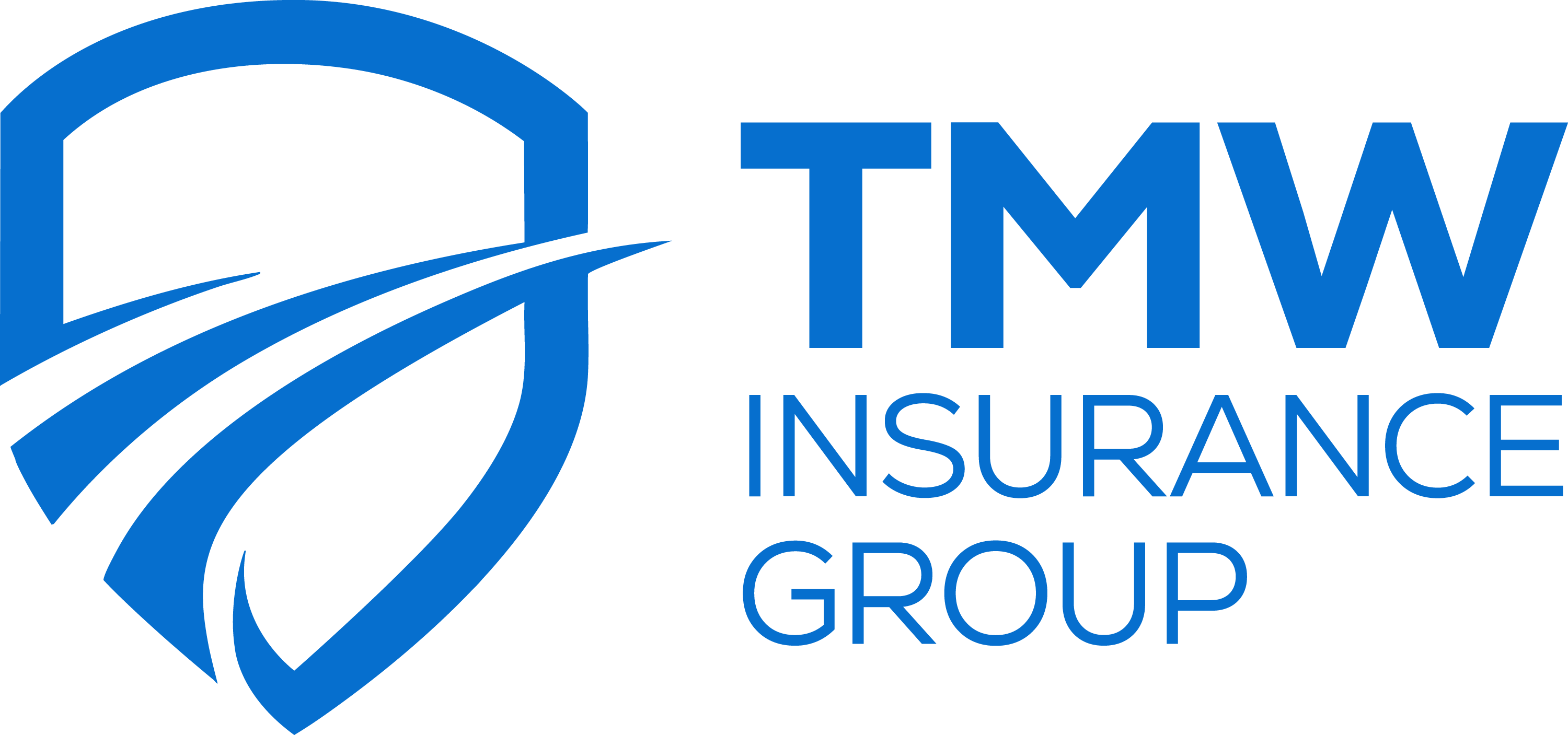Auto insurance can be a confusing topic, especially regarding leased cars. As a lessee, you are still financially responsible for the vehicle, even though you do not own it. Therefore, it is vital to understand the different types of auto insurance available for leased cars and what the company requires. This blog post will discuss the available coverage types. Read through this blog post to better understand auto insurance for leased cars and ensure you have the protection you need in case of an accident or other loss.
Minimum Coverage Requirements
The first thing to know about auto insurance for leased cars is that the leasing company will likely require a certain level of coverage. This usually includes liability and collision coverage. Liability coverage will protect you if you cause an accident and are found to be at fault. Collision coverage, on the other hand, provides coverage for damages to your vehicle in the event of an accident.
Gap Insurance
Another necessary type of coverage to consider for a leased car is gap insurance. This type of insurance covers the difference between the actual cash value of the vehicle and the amount still owed on the lease. This is essential because, in the event of a total loss, the insurance payout may not cover the remaining amount owed on the lease.
Personal Injury Protection (PIP)
Personal Injury Protection (PIP) is also a good option for leased cars. This type of insurance covers medical expenses, lost wages, and other expenses resulting from an accident, regardless of who is at fault.
Comprehensive Coverage
Comprehensive coverage is another type of insurance to consider for a leased car. This coverage protects your vehicle from damage resulting from circumstances other than collisions, such as theft, vandalism, and natural disasters.
Uninsured Motorist Coverage
Uninsured motorist coverage is also a good option for leased cars. This type of coverage protects you if you have met with an accident with a driver who does not have insurance.
In addition to the types of the coverage mentioned above, there are a few other things to consider when insuring a leased car.
A few additional points to keep in mind
One crucial thing to remember is that the leasing company may have specific requirements for insurance coverage, such as a certain minimum liability limit or a requirement for certain types of coverage. Therefore, it's essential to check with the leasing company to ensure you have the coverage they require.
Another vital point to consider is that if you have met with an accident and your leased car is damaged, you may be responsible for paying for any damage not covered by your insurance. This is why it's crucial to have adequate collision and comprehensive coverage and gap insurance.
Suppose you are involved in an accident, and your leased vehicle is declared a disaster. In that case, you may be responsible for any exit fees or other costs associated with the lease's early termination. This is another reason why gap insurance can be significant.
Finally, it's worth noting that some states require specific types of coverage, such as personal injury protection (PIP) or uninsured motorist coverage. Check the laws in your state to ensure you have the coverage you need.
In conclusion, when leasing a car, it's essential to understand the various types of auto insurance available and what the leasing company requires. Be sure to check with the leasing company to make sure you have the coverage they need; consider options such as liability coverage, collision coverage, gap insurance, personal injury protection, comprehensive coverage, and uninsured motorist coverage to ensure you have the protection you need in the event of an accident or other loss. Finally, be aware of state laws and regulations to ensure you comply with them.


